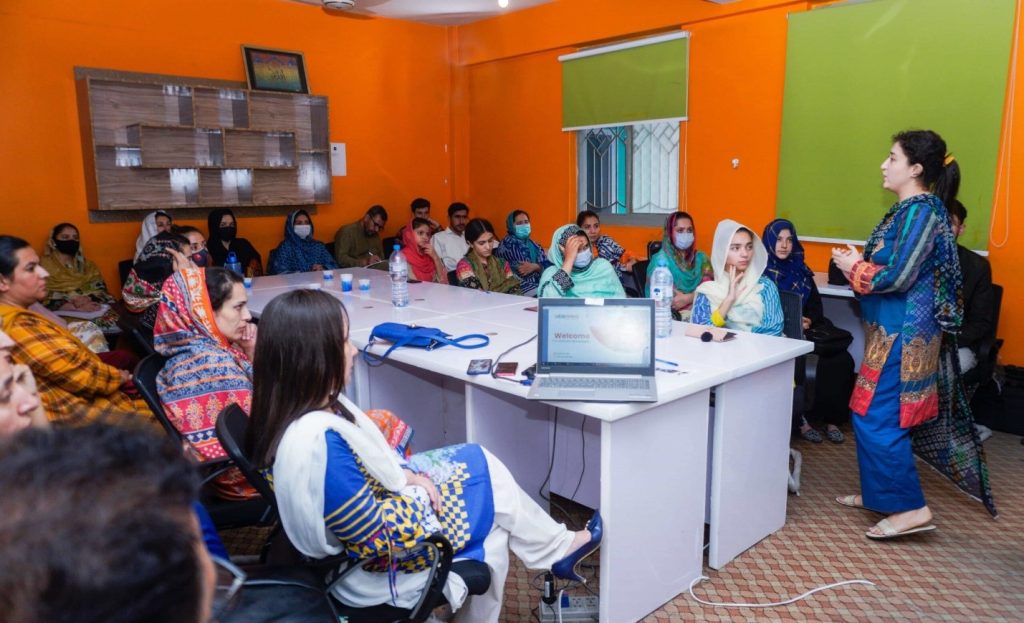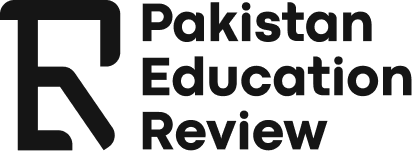Pakistan, the fifth most populous country in the world, is presently confronted with a dilemma: an extensive youth population afflicted by a considerable unemployment rate. Pakistan, which has an 8.5% youth unemployment rate, is in an immediate need to equip its young people with the necessary skills to contribute to the country’s development. Despite this, approximately 80% of the youth labor force lacks sufficient education or skills, hindering their ability to obtain profitable employment.

The existing skills gap is due to the scarcity of training opportunities provided by the government. As the currency of the future, Pakistan must prioritize skill development to maintain its relevance in the global economy. This article examines the opportunities and challenges associated with skill development in Pakistan.
The Challenge of Skill Development
The skills gap in Pakistan is primarily caused by insufficient funding for education and a lack of awareness among the population regarding which professions and skills require investment. Currently, the literacy rate of the country is at 62.3%. Consequently, more than 60 million people cannot read or write, limiting their employment opportunities. Additionally, a significant proportion of the literate population is deficient in high-demand skills in the current labor market. For instance, the IT industry in Pakistan is confronted with a severe dearth of proficient professionals. A recent study found that a mere 10% of the 25,000 IT graduates were considered employable, creating a substantial disparity between available jobs and qualified professionals. This imbalance risks the economy and growth prospects of the nation.
Closing the Skills Gap
To mitigate the skills gap in Pakistan, adopting a comprehensive and multifaceted strategy is imperative. The crucial measures to bridge this divide are as follows:
Align National and Provincial Targets:
Alignment of policies and objectives at the national and provincial levels is mandatory. The initial stage is to identify areas characterized by a scarcity of skilled labor, hence, fundamental education must be prioritized in these regions. It is critical to ensure that women can participate in and contribute to the workforce by encouraging and providing opportunities to obtain these skills.

Technical and Life Skills:
Skill development must include technical skills, such as writing, design, coding, and professional “life skills”, such as leadership, communication, and emotional intelligence. Adopting a comprehensive approach guarantees that individuals achieve expertise in their specific domains and possess the essential interpersonal abilities necessary to succeed.
Tailored Regional Strategies:
Development levels vary between provinces, with Balochistan being the least developed and Punjab being the most developed. Hence, policies regarding skills development should be adapted to each region’s specific requirements and phases of development. For example, Punjab may require the revision of fundamental skill sets through upskilling, whereas in Balochistan, the emphasis should be on acquiring skills and increasing awareness regarding active employment opportunities.
Increased Investment in Vocational Training:
Investments in vocational and training institutes should be significantly increased in Pakistan. Compared to conventional university degrees, these institutions can offer efficient and economical programs for skill development.
The Role of Industry Partnerships
To close the skills gap in Pakistan, collaboration between industries and educational institutions is critical. Through these partnerships, graduates may get practical training, exposure to current market trends, and real-world experience that improves their employability. Internships, training, and industry engagement programs can be very helpful in giving students real-world experience.

By strategically aligning the educational curriculum with the specific requirements and demands of industries, the government can produce graduates with skills directly relevant to the labor market. Additionally, employers may find graduates more appealing due to this cooperation, which can aid in bridging the knowledge gap between theory and practice.
The Path Forward
Cultivating skills is paramount to leveraging the capabilities of a rapidly expanding youth demographic and maintaining competitiveness in the international marketplace. The challenges are considerable since most of the labor force lacks the required education and skills. However, Pakistan has the potential to narrow the skills divide through coordinated endeavors at both the national and provincial levels, tailored approaches, and augmented investments in vocational education. The emphasis on skill development is imperative not only for advancing the country’s economy but also for guaranteeing that its population possesses the necessary skills to prosper in an ever more dynamic global landscape. Thus, enhancing the skill set of the youth in Pakistan is crucial for harnessing their potential and ensuring a more promising future for the country.
Disclaimer: Any opinions expressed in this article do not necessarily reflect the opinions of Pakistan Education Review. This content is meant for informational purposes only.







